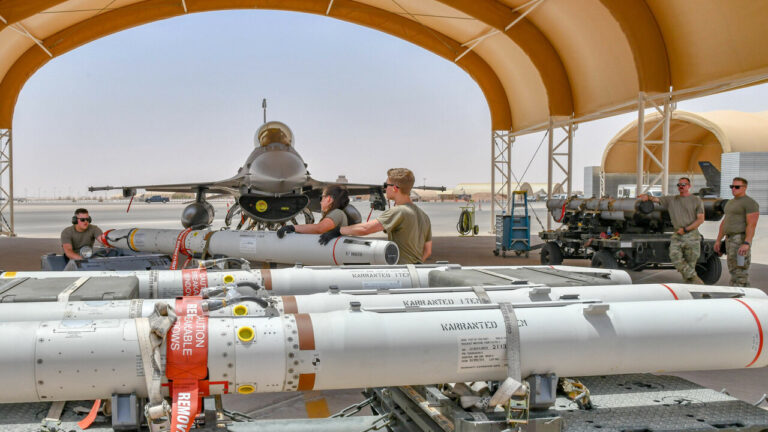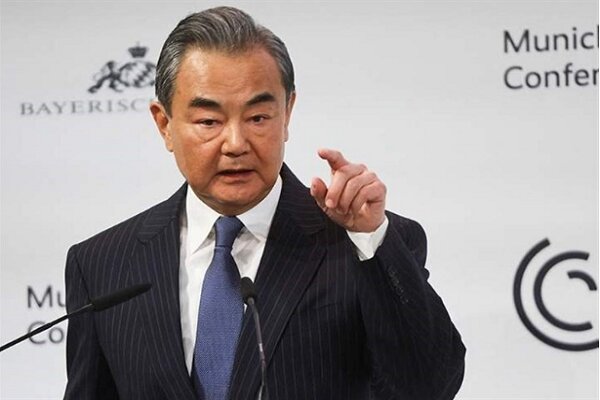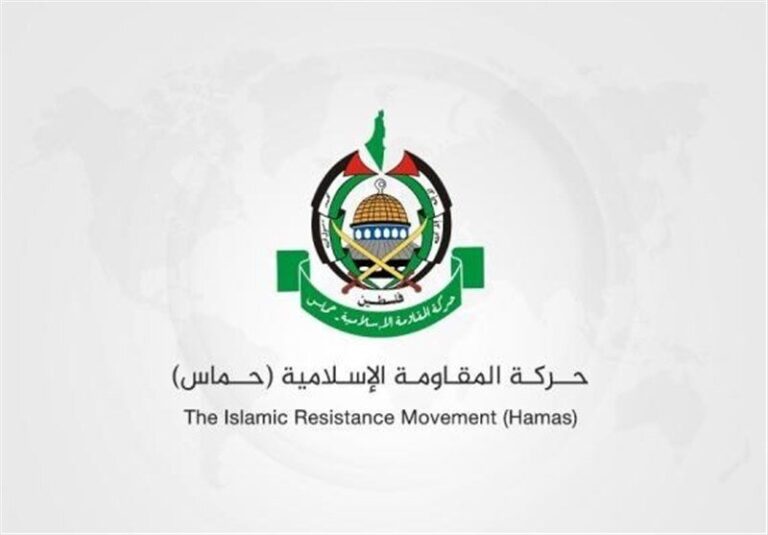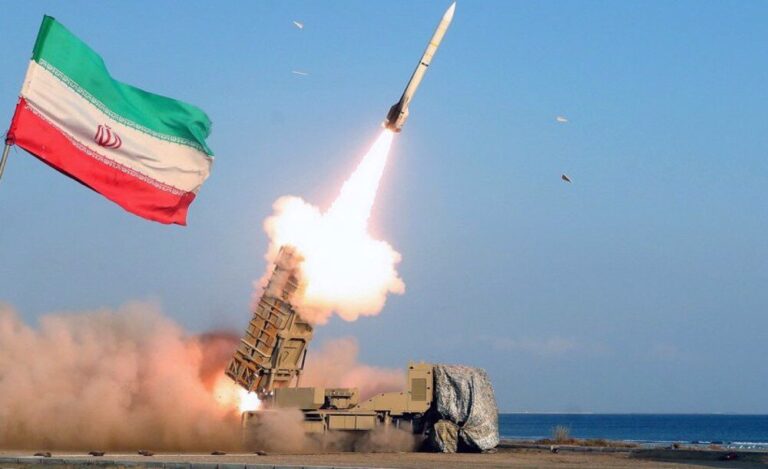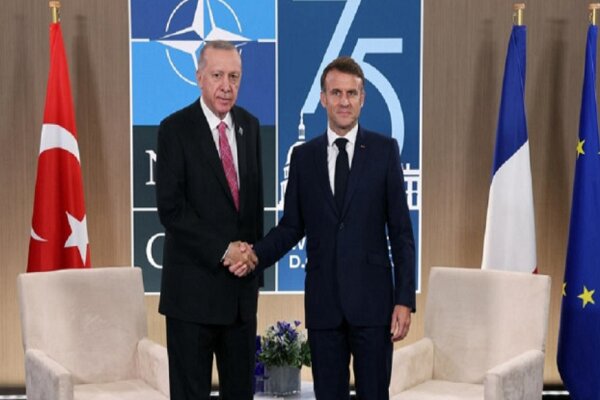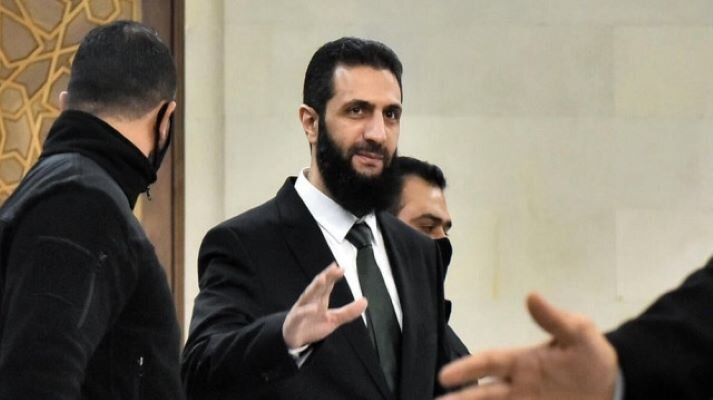US Gaza Displacement Strategy: A Controversial Move to Diminish the Palestinian Cause
In recent discussions surrounding the evolving geopolitical landscape, Al-Houthi has expressed strong opinions regarding Trump’s Gaza displacement plan. This controversial proposal has not only surprised the international community but has also ignited widespread condemnation.
Al-Houthi characterized the plan as a “joke” and described it as “naïve talk.” He emphasized that the intentions behind this Zionist project are aimed at undermining Islamic sanctities in Palestine, particularly targeting the revered Al-Aqsa Mosque. His remarks underscore the deep concerns regarding the implications of such plans for the region’s stability and security.
According to Al-Houthi, Trump’s plan is representative of “clear tyranny” and is “scandalous in every sense of the word.” He urged neighboring Arab regimes to take an active stance against this proposal, highlighting their crucial role in countering it. The Ansarullah leader called for a united front among Arab and Muslim nations, stressing that they must categorically reject the Gaza displacement initiative.
- Serious Consequences: Al-Houthi warned that approving Trump’s plan would have dire repercussions for Arab national security and the broader region.
- Call to Action: He reiterated that Yemeni Ansarullah will respond decisively if Americans or Israelis attempt to implement the Gaza displacement strategy.
The ongoing tensions in the region are palpable, and leaders like Al-Houthi are vocalizing their dissent against actions they perceive as threatening to their national and religious identities. The Gaza displacement plan has not only sparked outrage among political figures but has also resonated deeply with the public, stirring emotions across various communities.
As the situation develops, it is essential for all stakeholders, including international observers, to remain vigilant and engaged with the unfolding events. The complexities of the Middle East conflict require nuanced understanding and a commitment to dialogue aimed at fostering peace and stability.
In summary, Al-Houthi’s comments reflect the broader resistance against what many view as unjust and provocative measures in the ongoing Israeli-Palestinian conflict. The implications of Trump’s plan extend beyond immediate political ramifications, threatening to exacerbate tensions and disrupt regional harmony.
To navigate these turbulent waters, it is vital for Arab nations to unite and voice their concerns, ensuring that their collective interests are represented on the international stage. A cohesive response to the challenges posed by the Gaza displacement plan may be crucial in shaping the future of the region.
As we observe these developments, attention to the voices of leaders like Al-Houthi can provide insights into the underlying sentiments and motivations that drive the current discourse. The path forward requires collaboration, diplomacy, and a commitment to justice for all involved parties.
Understanding the ramifications of such plans is critical, as they could alter the trajectory of peace efforts in the Middle East. The necessity for dialogue and mutual recognition among conflicting parties remains paramount in the quest for a sustainable resolution.
In conclusion, the response to Trump’s Gaza displacement plan will likely be a defining moment for many Arab nations as they navigate the complexities of regional politics and international relations. A concerted effort to address these challenges head-on is essential for fostering a future of coexistence and mutual respect among all peoples in the region.

